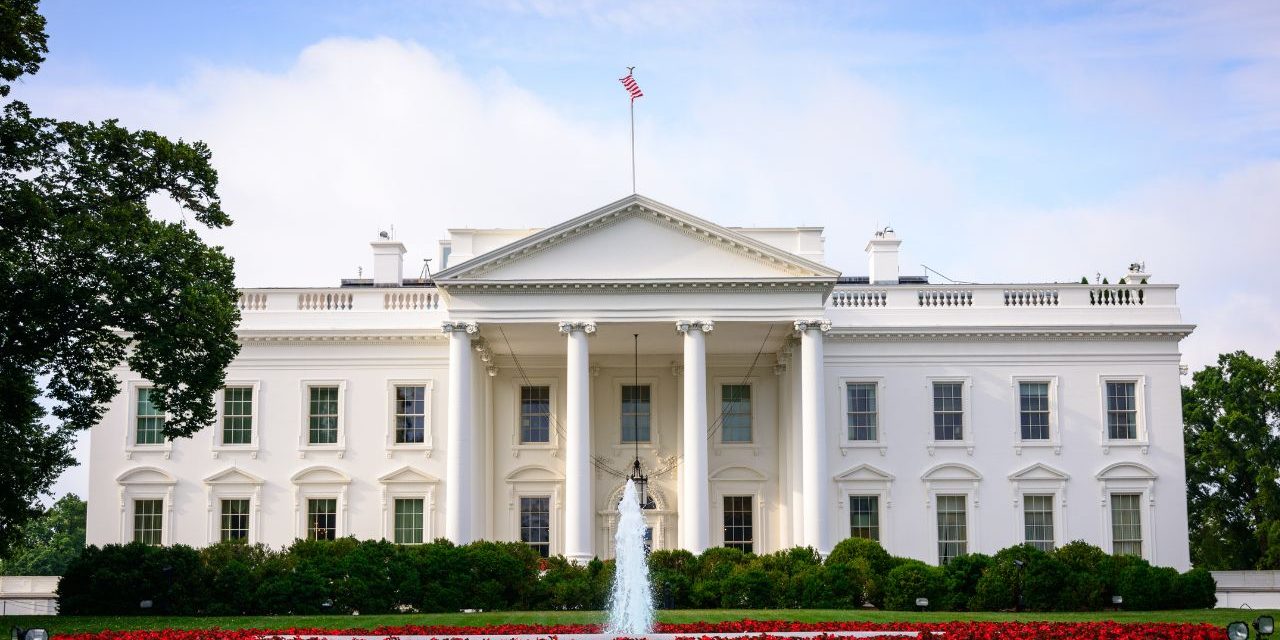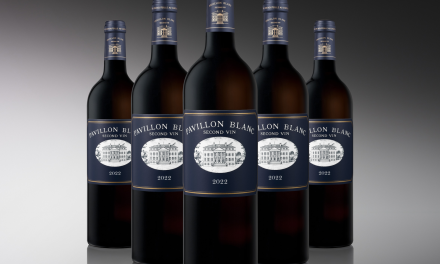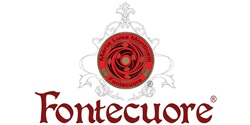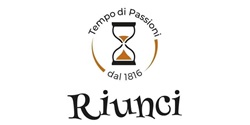As a potential 30% tariff looms over European wine imports, U.S. wine industry leaders warn of billions in economic losses and call for fair trade agreements to protect American jobs and businesses.
As diplomatic negotiations between the U.S. and the European Union continue behind closed doors, the American wine industry is sounding a loud and unified alarm against the looming threat of new tariffs. Former President Donald Trump has proposed a 30% tariff on EU products—set to take effect on August 1st—raising concerns not only in European capitals but also among American businesses that rely on a thriving transatlantic wine trade.
The proposed tariffs, widely seen by analysts as a strategic bluff to gain leverage in the final stages of negotiation, have already triggered anxiety among Italian wine producers and agricultural stakeholders. But it’s not just Europe that’s on edge. U.S. wine industry leaders have once again come together to express strong opposition to the move, warning of potentially devastating consequences for thousands of American businesses.
According to the U.S. Wine Trade Alliance, imported European wine plays a crucial role in the U.S. economy. “EU wine generates approximately $23.96 billion in annual revenue within the United States, with only $5.3 billion flowing back to Europe,” the organization stated. “This creates an economic surplus of nearly $19 billion, supporting hundreds of thousands of American jobs across all 50 states—from importers and distributors to retailers and restaurants.”
In a joint letter addressed to President Trump, six major industry associations—including the Napa Valley Vintners, The Wine Institute, Wine America, Wine & Spirits Wholesalers of America (WSWA), and the National Association of Wine Retailers (NAWR)—highlighted the strategic and economic importance of maintaining a robust international wine trade. “The EU is a critical export market for American wineries,” the letter reads. “At the same time, imports from Europe are vital to our operations. EU wines are distributed and served by American companies, forming a strong and reliable distribution network that benefits domestic producers as well.”
The numbers speak volumes: for every dollar spent on wine imported into the U.S., American distribution and hospitality sectors earn $4.50. Full-service restaurants, in particular, rely heavily on wine sales, which often account for up to 60% of their gross profit margins.
The letter also addressed the ongoing trade dispute with Canada, another key wine market, which recently imposed a 25% tariff on American wines in response to a 35% U.S. tariff on Canadian goods. “This tit-for-tat has already led to the disappearance of U.S. wines and spirits from Canadian shelves,” the industry groups noted, urging the administration to find a swift resolution.
As part of the “Toasts Not Tariffs” coalition, the six organizations included a petition signed by over 19,000 industry members and consumers, calling for a zero-for-zero tariff policy on wine and spirits. They expressed hope that the administration’s focus on fair trade could pave the way for a “Reciprocal and Fair-Trade Agreement on Wine” between the U.S. and the EU—an agreement that would eliminate all wine tariffs, address non-tariff barriers, and provide long-term stability for both sides.
“There is a shared determination in the wine sector to reach a lasting deal,” the letter concludes. “We urge you to lead the way toward trade agreements that benefit both American producers and consumers while preserving the vitality of our hospitality industry.”
Among the signatories are Ben Aneff (U.S. Wine Trade Alliance), Francis Creighton (WSWA), Michael Kaiser (Wine America), Tom Wark (NAWR), Robert P. Koch (Wine Institute), and Rex Stultz (Napa Valley Vintners).
The question now is whether Trump—who famously abstains from alcohol but owns a winery in Virginia—will listen to the voices of the industry. As the August 1st deadline approaches, the stakes are rising fast—not only for Europe’s fine wines, but for America’s wine economy as a whole.










